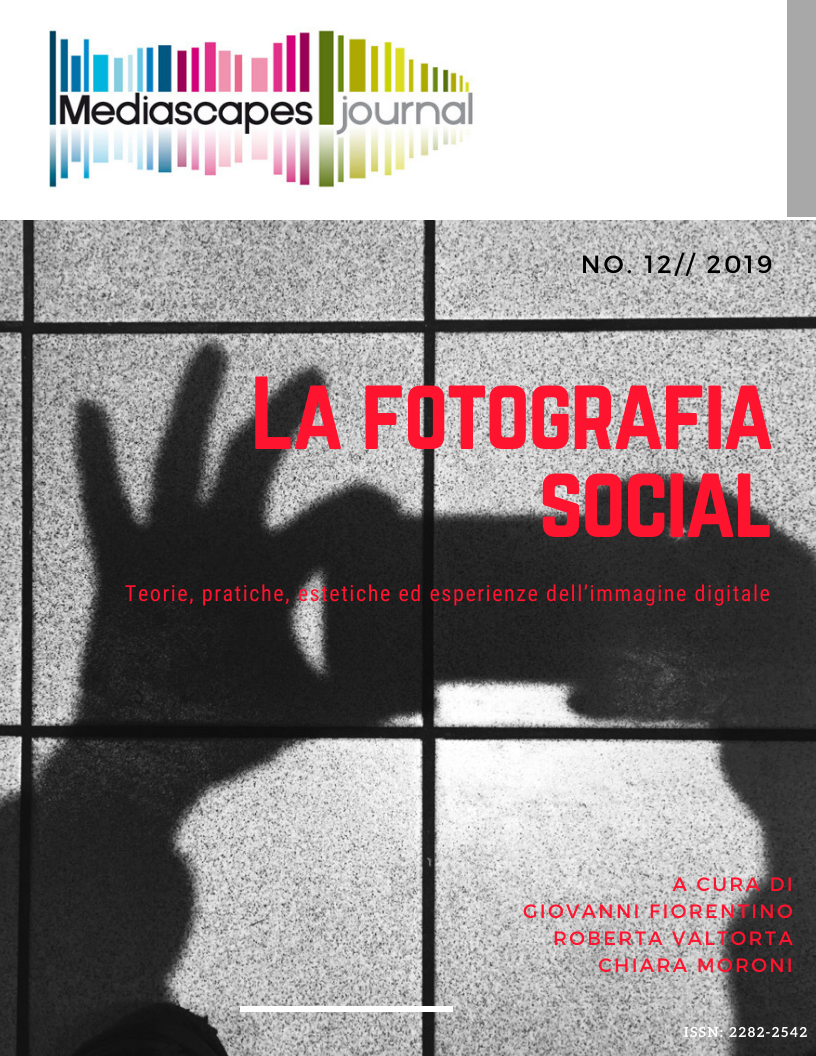La Musica fra dimensione sociale e dimensione vitale
Parole chiave:
music, language, identity, socializationAbstract
Research about music has been traditionally associated with language studies and music has been usually considered as its derivation or precursor. Instead the perspective here adopted is that of Steven Mithen: music and language have an only precursor. This perspective allows to look at music and language as two features of the human being, as two unaltered biological traits that find their actualization within specific sociocultural contexts. Nevertheless, the substantial difference between music and language strictly emerges in the dialectics between biology and culture. While the language is always inextricably connected to a specific social reality, the music seems to be more independent. This is confirmed by the fact that if we want to understand a different language, we need to be taught to do it, while we may often be capable of understanding a music, that doesn't belong to us, perfectly. Music more than language is connected to our “deep vital side” and, better than any other symbolic instrument, is able to express it. The best example of this ability is, paradoxically, given by language. There is a type of language called maternese, the principal purpose of which is not to transmit information to a newborn baby, or to educate it but it serves to comfort it and to make it feel protected and loved, it serves to affectively tune in with it. Thus, perhaps music is an instrument that allows us to manage our constitutive ambivalence, making the loneliness possible in company.
##submission.downloads##
Pubblicato
Come citare
Fascicolo
Sezione
Licenza
Gli autori che pubblicano su questa rivista accettano le seguenti condizioni:
- Gli autori mantengono i diritti sulla loro opera e cedono alla rivista il diritto di prima pubblicazione dell'opera, contemporaneamente licenziata sotto una Licenza Creative Commons - Attribuzione che permette ad altri di condividere l'opera indicando la paternità intellettuale e la prima pubblicazione su questa rivista.
- Gli autori possono aderire ad altri accordi di licenza non esclusiva per la distribuzione della versione dell'opera pubblicata (es. depositarla in un archivio istituzionale o pubblicarla in una monografia), a patto di indicare che la prima pubblicazione è avvenuta su questa rivista.
- Gli autori possono diffondere la loro opera online (es. in repository istituzionali o nel loro sito web) prima e durante il processo di submission, poiché può portare a scambi produttivi e aumentare le citazioni dell'opera pubblicata (Vedi The Effect of Open Access).


